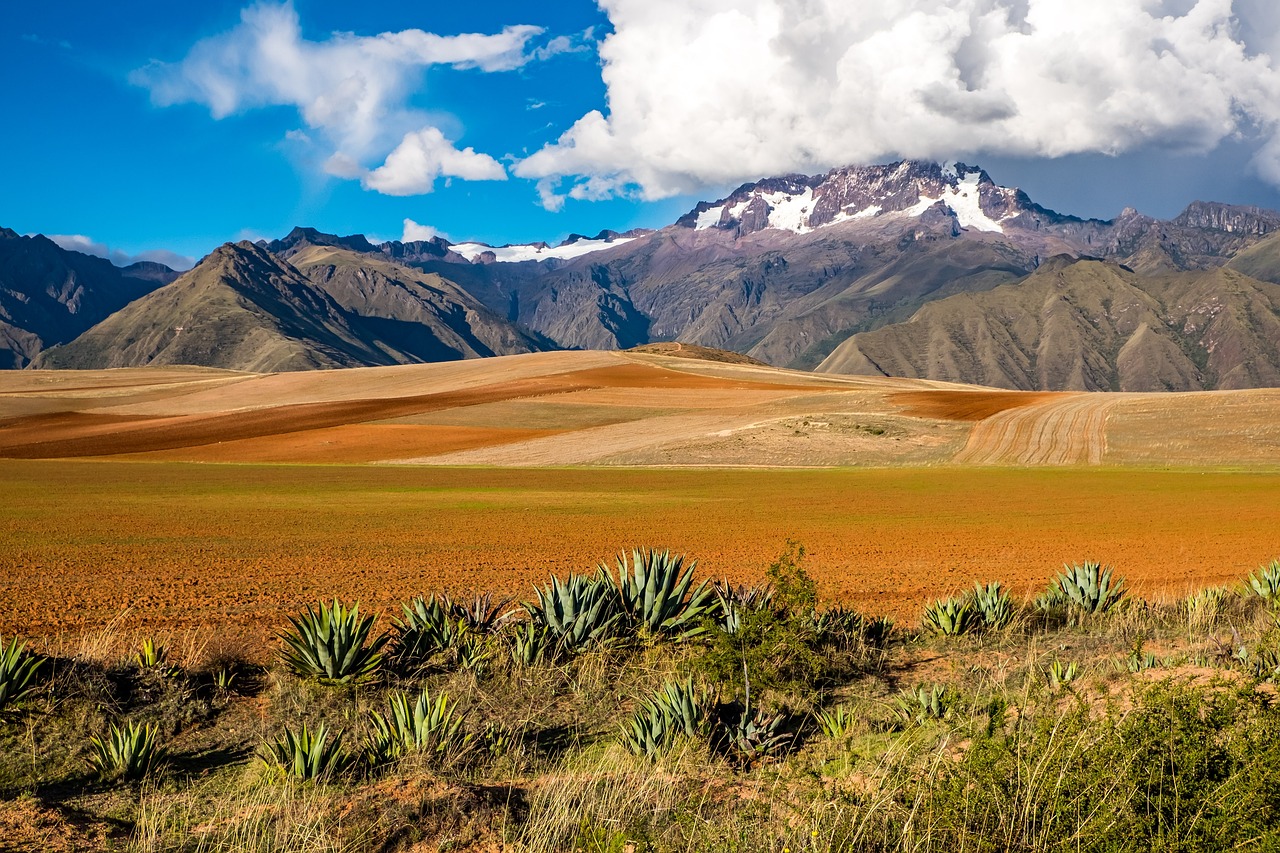Bolivia Video
Adapting to Bolivia Time Zones: Managing Remote Client Meetings
Remote work has become increasingly popular in today’s interconnected world. With the ability to work with clients and colleagues from different parts of the globe, it is essential to understand and adapt to different time zones. This article will focus on managing remote client meetings while considering Bolivia time zones. Bolivia, a landlocked country in South America, is known for its diverse landscapes, rich cultural heritage, and unique time zone. In this article, we will explore strategies and tools to effectively manage remote client meetings when working with clients in Bolivia.
Understanding Bolivia Time Zones
Bolivia operates on Bolivia Time (BOT), which is 4 hours behind Coordinated Universal Time (UTC-4). It is important to be aware of this time difference when scheduling remote client meetings with individuals or teams based in Bolivia. By understanding Bolivia’s time zone, you can ensure effective communication and avoid any scheduling conflicts.
Tools for Managing Remote Client Meetings
Before diving into the strategies for managing remote client meetings in Bolivia, let’s explore some essential tools that can help streamline the process:
- 1. Video Conferencing Platforms: Utilize video conferencing platforms like Zoom, Microsoft Teams, or Google Meet to conduct virtual client meetings. These platforms allow face-to-face communication, screen sharing, and collaboration features.
- 2. Time Zone Converters: Use time zone converter tools such as World Time Buddy or Time and Date to determine the best meeting time that accommodates both your local time and Bolivia Time. These tools help avoid confusion and ensure everyone is on the same page.
- 3. Calendar Management: Efficiently manage your calendar using tools like Google Calendar or Microsoft Outlook. Ensure that you update your availability, block off meeting times, and set reminders to stay organized and avoid double booking.
- 4. Project Management Software: Collaborate with your remote clients using project management software such as Trello, Asana, or Basecamp. These tools provide a centralized platform for task management, file sharing, and progress tracking.
Strategies for Managing Remote Client Meetings in Bolivia
Now that we have familiarized ourselves with the tools, let’s explore strategies for effectively managing remote client meetings when working with clients in Bolivia:
- 1. Plan Ahead: Communicate with your remote clients well in advance to determine their availability and preferred meeting times. Take into account the Bolivia Time zone difference and find a mutually convenient time slot for the meeting.
- 2. Be Flexible: Understand that accommodating different time zones requires flexibility. Consider adjusting your schedule to align with your remote clients in Bolivia, especially for crucial meetings.
- 3. Provide Meeting Reminders: Send meeting reminders to your remote clients, highlighting the meeting time in both your local time and Bolivia Time. This ensures clarity and reduces the chances of missed meetings due to time zone confusion.
- 4. Optimize Communication Channels: Choose communication channels that work best for both you and your remote clients in Bolivia. This could include email, instant messaging platforms, or video conferencing, depending on the nature of the meeting and client preferences.
- 5. Respect Cultural Differences: Bolivia has a rich cultural heritage, and it’s essential to be mindful of cultural differences during remote client meetings. Take the time to learn about Bolivian customs and etiquette to foster strong and respectful relationships with your clients.
- 6. Prepare Meeting Agendas: Create meeting agendas and share them with your remote clients in advance. This helps set expectations and keeps the discussion focused and productive, regardless of the time zone differences.
Bolivia Image 1:

Managing Remote Client Meetings: Best Practices
Implementing the following best practices can further enhance the success of your remote client meetings:
- 1. Active Listening: Practice active listening during remote client meetings to ensure effective comprehension and understanding. Take notes, ask clarifying questions, and provide thoughtful responses.
- 2. Clear Communication: Communicate clearly and concisely to avoid any misunderstandings. Use simple language and provide context when necessary, especially when discussing complex topics.
- 3. Encourage Participation: Create an inclusive environment that encourages participation from all meeting attendees. Give everyone an opportunity to voice their opinions and ideas, fostering collaboration and engagement.
- 4. Follow-Up Actions: After the meeting, send a summary email outlining the discussed points, action items, and next steps. This ensures accountability and keeps everyone aligned.
- 5. Evaluate and Adapt: Continuously evaluate the effectiveness of your remote client meetings and make necessary adjustments. Solicit feedback from your clients to improve future interactions.
Bolivia Image 2:

Conclusion
Adapting to Bolivia time zones when managing remote client meetings is crucial for successful collaboration and communication. By understanding the time difference, utilizing appropriate tools, and implementing effective strategies, you can ensure productive and harmonious interactions with your remote clients in Bolivia. Embrace the cultural diversity and foster strong relationships to achieve mutual goals and objectives.
Bolivia Image 3:

References
- timeanddate.com
- zoom.us
- microsoft.com/teams
- meet.google.com
- worldtimebuddy.com
- calendar.google.com
- outlook.com
- trello.com
- asana.com
- basecamp.com


